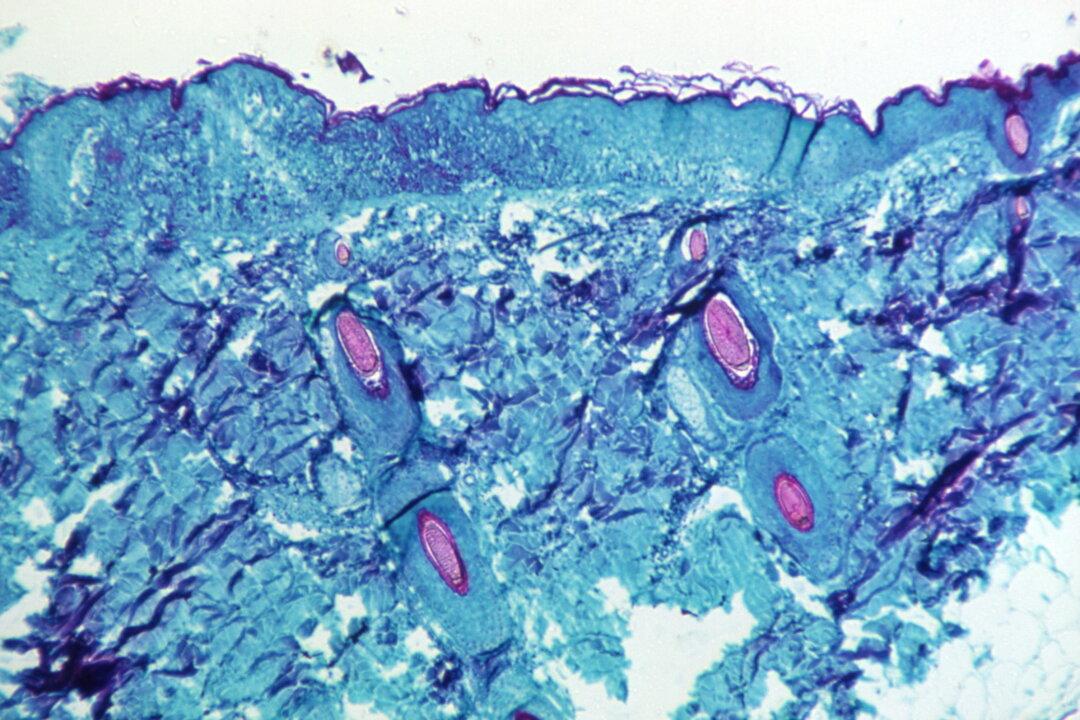The Centers for Disease Control and Prevention (CDC) on May 26 confirmed nine monkeypox cases across seven U.S. states.
CDC Director Dr. Rochelle Walensky confirmed the number of cases during a news briefing.


The Centers for Disease Control and Prevention (CDC) on May 26 confirmed nine monkeypox cases across seven U.S. states.
CDC Director Dr. Rochelle Walensky confirmed the number of cases during a news briefing.